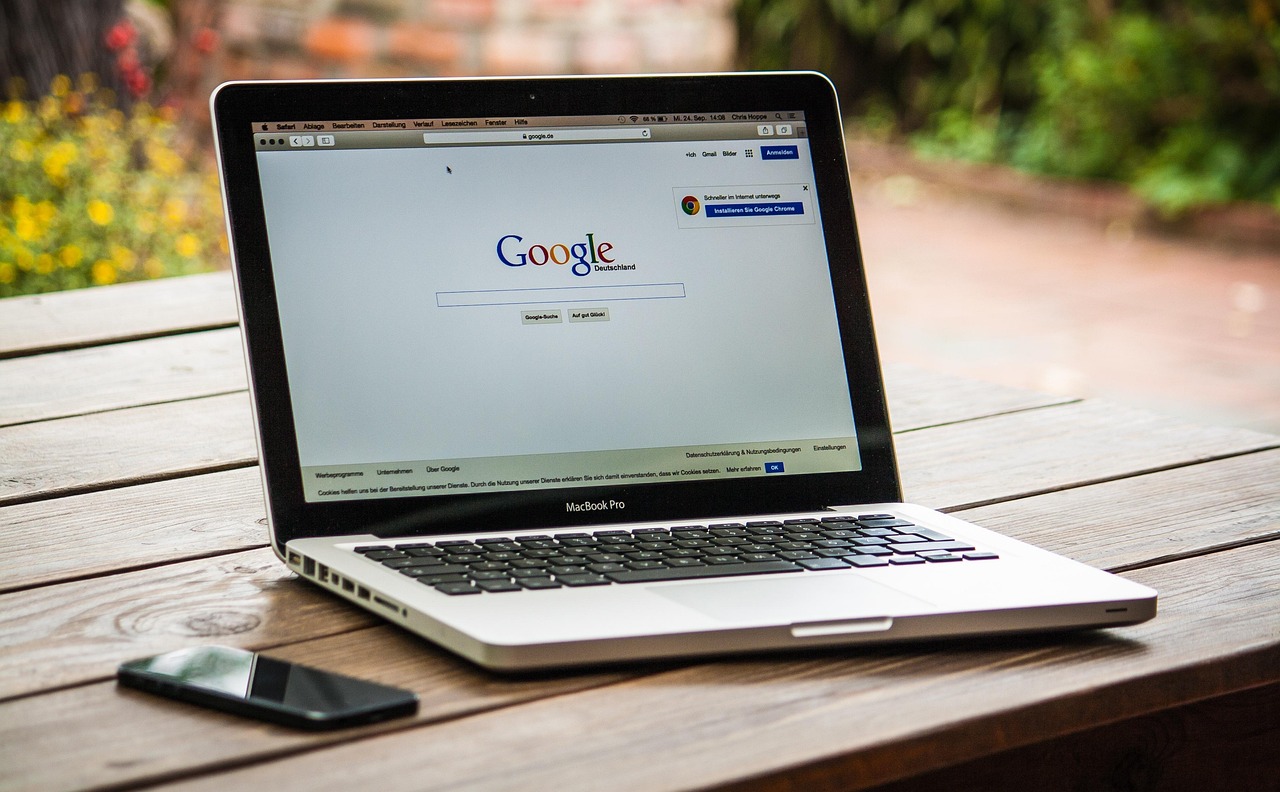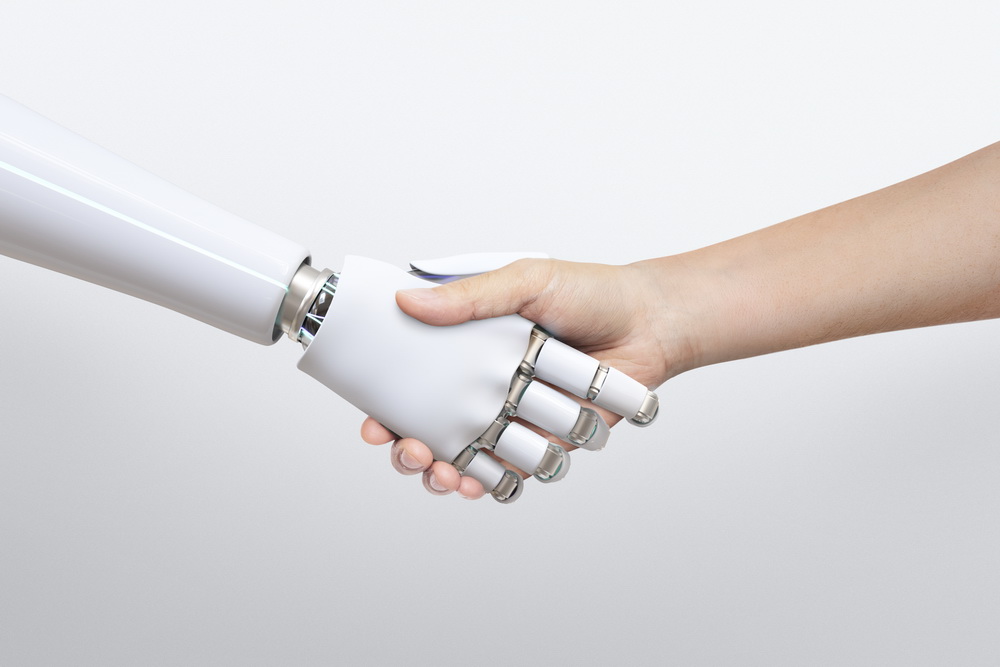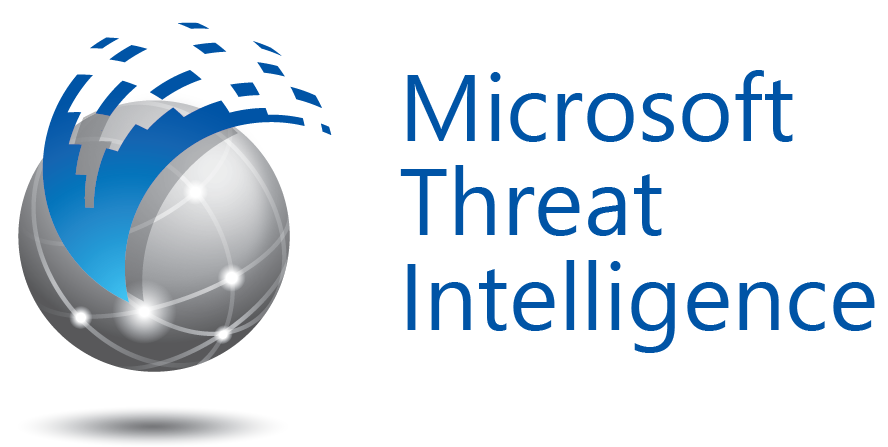Google has agreed to pay $1.375 billion to settle a lawsuit brought by the state of Texas over allegations that it violated users’ privacy through features such as Incognito mode, Location History, and biometric data collection.
Despite the sizable sum, Google denies any wrongdoing, stating that the claims were based on outdated practices which have since been updated.
Texas Attorney General Ken Paxton announced the settlement, emphasising that large tech firms are not above the law.
He accused Google of covertly tracking individuals’ locations and personal searches, while also collecting biometric data such as voiceprints and facial geometry — all without users’ consent. Paxton claimed the state’s legal challenge had forced Google to answer for its actions.
Although the settlement resolves two lawsuits filed in 2022, the specific terms and how the funds will be used remain undisclosed. A Google spokesperson maintained that the resolution brings closure to claims about past practices, instead of requiring any changes to its current products.
The case comes after a similar $1.4 billion agreement involving Meta, which faced accusations of unlawfully gathering facial recognition data. The repeated scrutiny from Texas authorities signals a broader pushback against the data practices of major tech companies.
Would you like to learn more about AI, tech and digital diplomacy? If so, ask our Diplo chatbot!





















